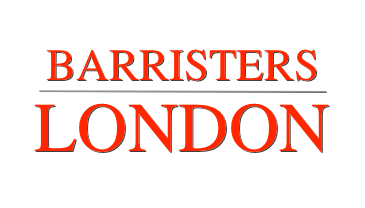Health Concerns about Regulated Professionals
A regulated professional may not be fit to practise because they have a health condition, mental or physical, that has not been managed effectively and may put people at risk.
It will depend on the nature of the health condition and on the professional’s level of insight, in particular, their willingness or ability to self-limit their practice appropriately in light of their health condition, as to whether regulatory intervention is necessary.
Often health concerns can be managed locally through an employer’s occupational health scheme, without the need to engage with a regulator. However, if there are concerns that the health condition is putting the public at risk because there is an inability to practise safely or the professional lacks insight into their condition and is unwilling to seek help then the concern may be referred to the regulator who will investigate the health condition.
An investigator based at the regulator will usually, with the consent of the professional, contact any treating medical professional such as a GP or Occupational Health department to obtain the medical records, so that an assessment of the concerns can be undertaken. Where a registered professional declines permission they might face suspension or restrictions until they give permission.
There may be a request for a medical assessment and toxicology reports if necessary. Consent needs to be given by the practitioner for these assessments. Assessments are usually undertaken by a medical professional nominated by the regulator (usually a doctor registered with the General Medical Council with a minimum of ten years’ experience). For mental health and addiction concerns, psychiatrists are usually nominated. For other types of concern, a doctor with clinical experience relevant to the health condition is nominated.
The health assessor will produce a report to be shared with the professional and the regulator. The report will include a diagnosis using an internationally recognised classification system and an opinion (for those regulators that adopt this formula) on whether the professional is:
- fit to practise;
- only fit to practise with restrictions; or
- not fit to practise at all.
Following the report and, if the conclusion of the investigators is that there is a realistic prospect of impaired fitness to practise, the practitioner may be invited to agree an outcome, or be referred to a fitness to practise tribunal (or similar) if agreement is not possible. Each regulator has its own procedures and they may differ from that detailed in this this exposition.
Like competence/deficient professional performance cases, health cases cannot receive a sanction of striking off for a period of two years.
In the case of R (on the application of Mr X) v GMC [2011] 3271 (Admin) the court stated that a health condition does not need to be reported to the public. There is therefore a
If you are a professional facing allegations of poor performance or other concerns related to ill health, contact Barristers.London without obligation and in strict confidence to discuss our legal advice and representation services. Our fees are competitve.
Back to Regulatory and Disciplinary Law Page

Request a
Enquiries
